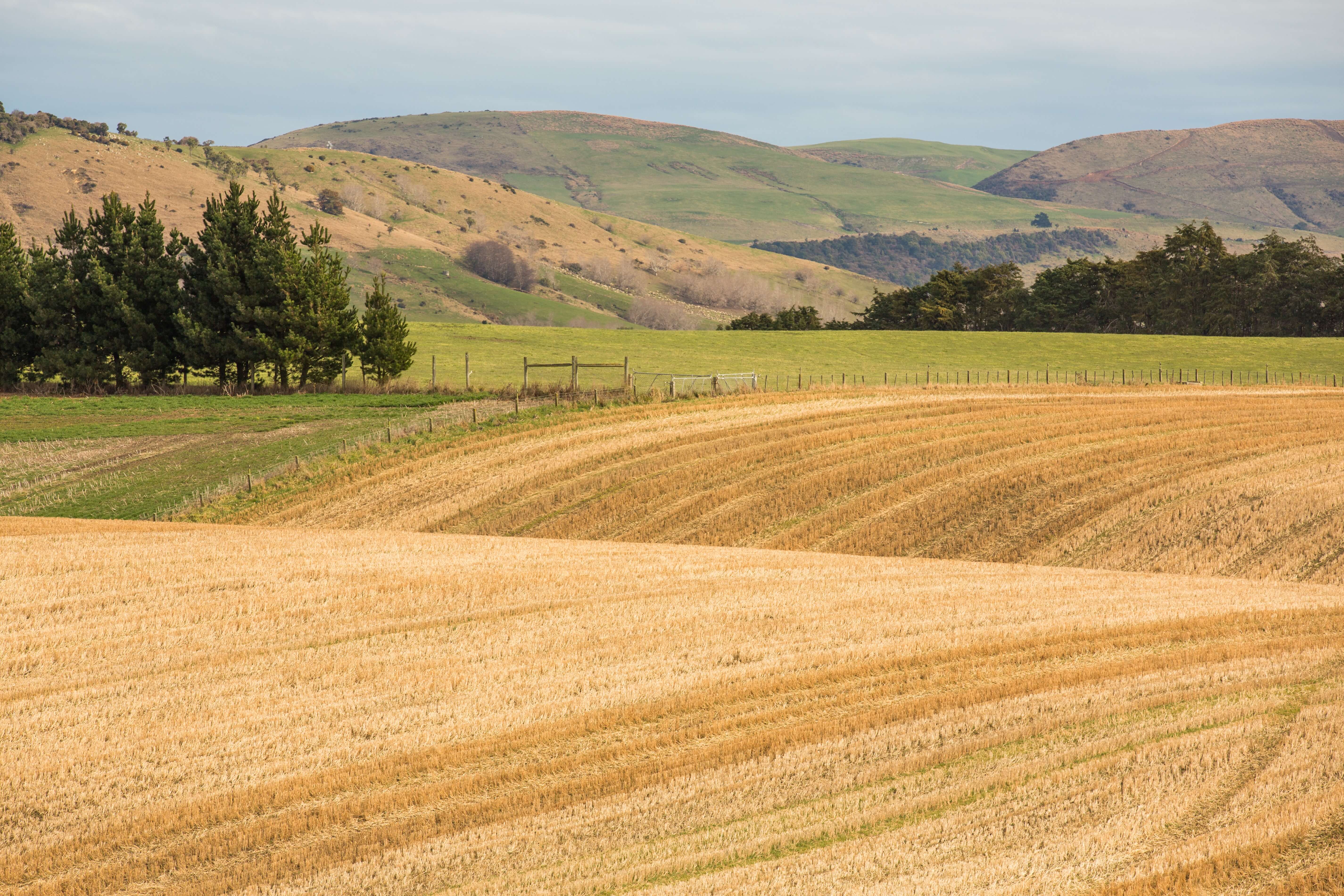Today marks a pivotal moment as the European Union (EU) and New Zealand inked a Free Trade Agreement (FTA), touted to boost trade and investment relations between the two entities significantly. The deal will slice approximately €140 million per annum in duties for EU enterprises, thus invigorating bilateral trade, projected to swell by 30% over the next ten years. As a result of this agreement, EU exports could balloon by up to €4.5 billion annually, and EU investment in New Zealand has the potential to skyrocket by up to 80%.
This historic pact, now forwarded to the European Parliament for approval, is remarkable for its sustainability commitments, including respect for the Paris Climate Agreement and labor rights.
The European Commission President, Ursula von der Leyen, underscored the deal’s importance: “New Zealand is a key partner for us in the Indo-Pacific region, and this free trade agreement will bring us even closer together.” She added that it “brings major opportunities for our companies, farmers, and consumers on both sides.”
Boost for the Agri-food Sector
The agri-food sector is set to reap significant benefits from this FTA. From the onset, EU farmers will enjoy enhanced opportunities to market their products in New Zealand, with tariffs eliminated on key EU exports like pig meat, wine, sparkling wine, chocolate, sugar confectionery, and biscuits.
The agreement further safeguards EU farmers by protecting about 2,000 names of EU wines and spirits, including Prosecco, Polish Vodka, Rioja, Champagne, and Tokaji. Additionally, 163 renowned traditional EU products (Geographical Indications), such as Asiago, Feta, Comté, or Queso Manchego cheeses, Istarski pršut ham, Lübecker Marzipan, Elia Kalamatas olives, will be granted protection in New Zealand.
Sensitive agricultural products such as certain dairy products, beef and sheep meat, ethanol, and sweetcorn are also considered in the deal. Rather than liberalizing trade for these commodities, the agreement will permit zero or lower tariff imports from New Zealand in limited amounts, leveraging Tariff Rate Quotas.
The New Standard in Sustainability Commitments
The EU-New Zealand FTA is groundbreaking as it is the first to incorporate the EU’s fresh approach to trade and sustainable development. This involves impressive Trade and Sustainable Development (TSD) commitments on various issues centered around cooperation and reinforced enforcement.
For the first time in an EU free trade agreement, the pact contains a dedicated sustainable food systems chapter, a specific trade and gender equality article, and a different trade and fossil fuel subsidies reform provision. In a forward-looking move, the deal also facilitates the liberalization of environmental goods and services at its commencement.
The Next Steps
Following its transmission to the European Parliament for consent, the Council can adopt the Decision on conclusion. The agreement can become effective after New Zealand signifies that it has also completed its ratification procedure.
The Road to the Agreement
The road to this FTA was paved with lengthy discussions that commenced in June 2018, culminating in the conclusion of the negotiations in June 2022. Today’s signing signifies the fruition of the diligent efforts of both parties in reaching this beneficial trade agreement.
Photo by Matt Palmer on Unsplash



2 Comments